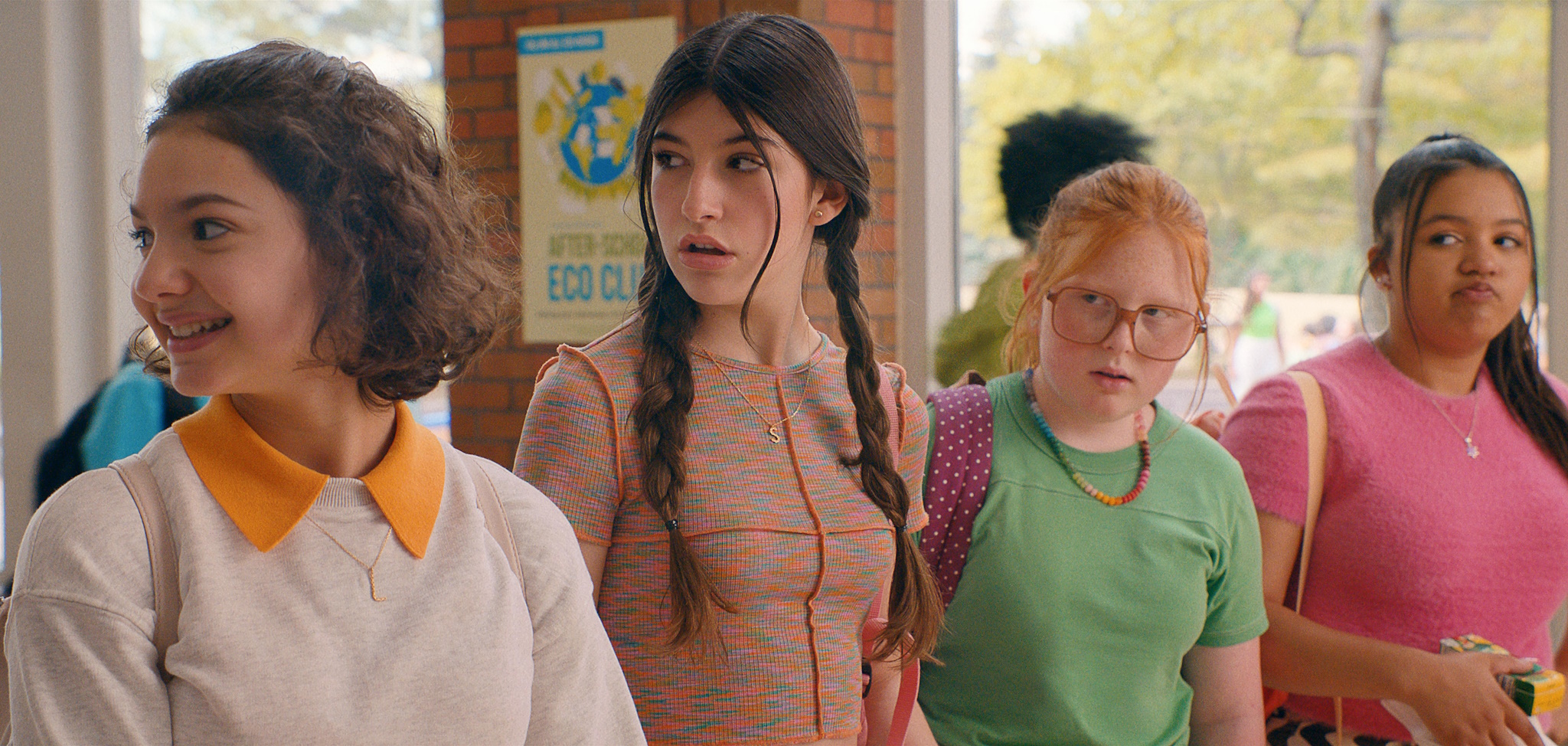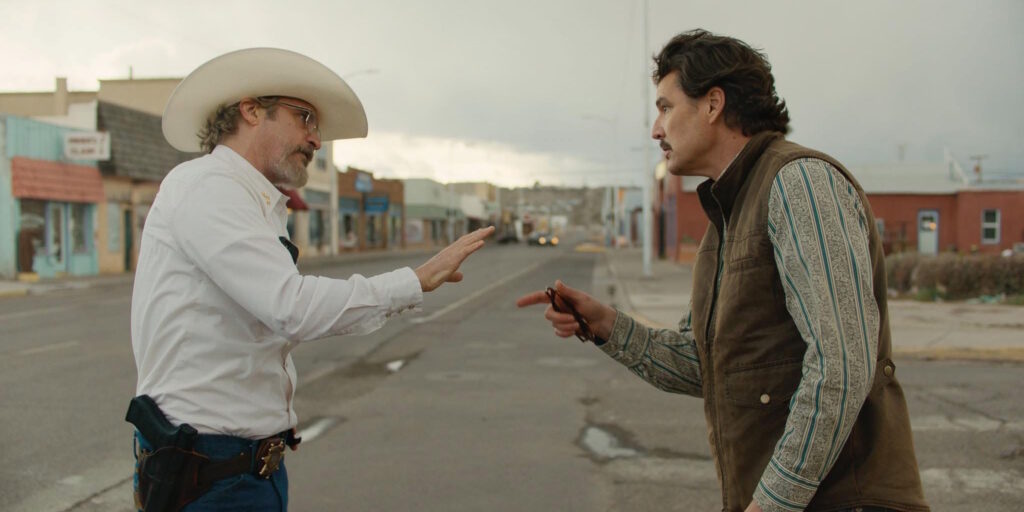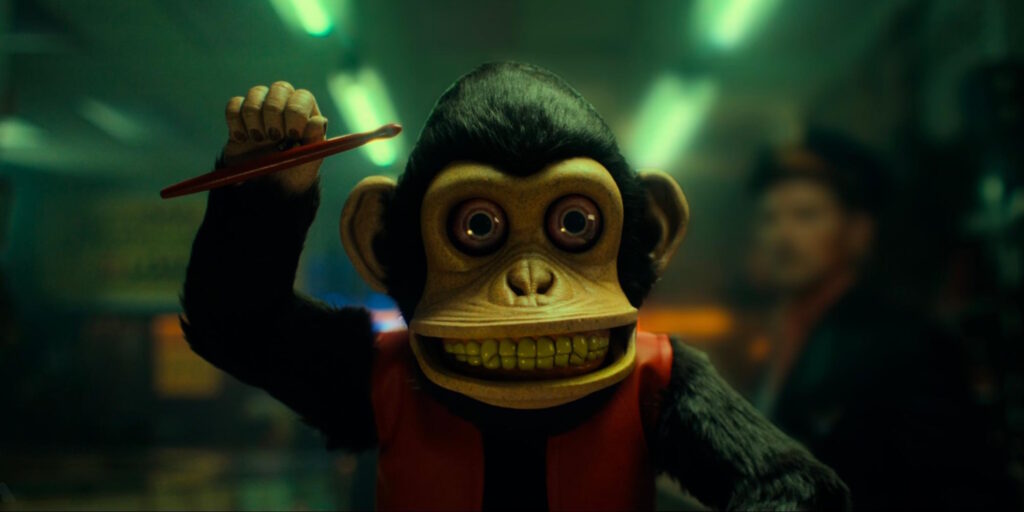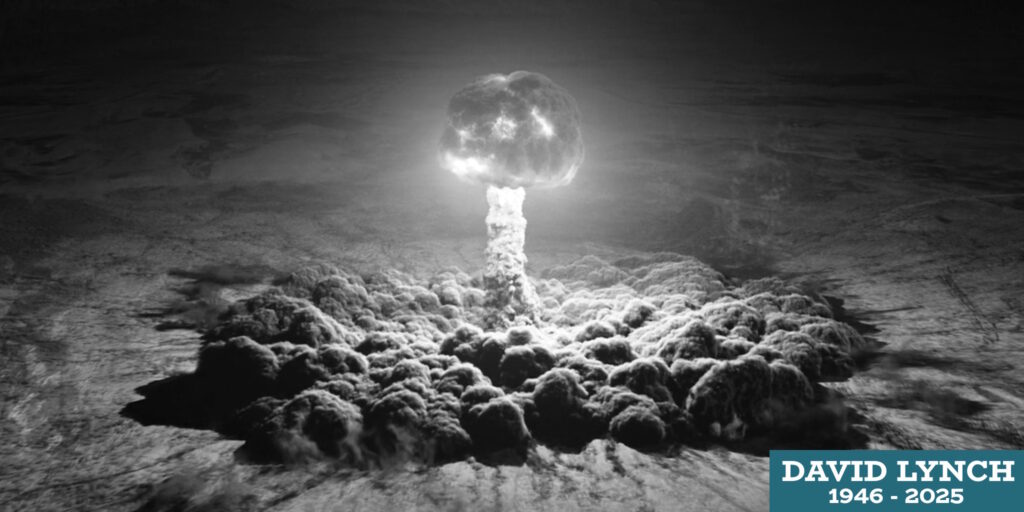Note: This review was written during the 2023 WGA and SAG-AFTRA strikes. Without the labor of the writers and actors currently on strike, the film being covered here wouldn’t exist.
Apart from bodily functions and silly voices, parenthood is the connective tissue that holds the bulk of Adam Sandler’s filmography together. From Billy Madison (1995) to Big Daddy (1999), Little Nicky (2000) to Click (2006), Bedtime Stories (2008) to Blended (2014) — not to mention the genuinely moving, truly artful oddity that is The Week Of (2018) — Sandler has immersed himself in stories of parents and their often complicated relationships with their children. It should come as no surprise, then, that Sandler, who is now a parent to two teenage daughters alongside his wife, Jackie, would graduate from the role of offspring to progenitor at this later stage in his life and career. In fact, after more than 40 leading roles (and many more supporting or cameo appearances), You Are So Not Invited to My Bat Mitzvah sees Sandler in a full-circle moment: The actor takes fourth billing, a whole three spaces below his daughter Sunny Sandler.
She plays Stacy Friedman, a seventh grader who — along with her tight-knit group of childhood friends — is fast approaching the bat mitzvah she’s always dreamed of. She and her best friend, Lydia (Samantha Lorraine), have been planning their dual, extravagant parties since they were little girls, and now the reality is setting in: According to their Jewish faith, they will be women soon. And, if everything goes as planned, their customary celebrations will be unlike anything anyone at their Hebrew school has ever seen before. Stacy and Lydia are well aware of the fact that a bad bat mitzvah can ruin a new woman’s social status from the get-go. That’s why it’s so important for everything to occur exactly as they’ve imagined — regardless of boys, mean girls, divorces, older sisters, dorky dads, and whatever else the world can (and undoubtedly will) throw their way.
However, when a botched stunt in front of shared crush Andy (Dylan Hoffman) sends Stacy into a downward social spiral and Lydia straight into the guy’s arms, the two must grapple with the unthinkable: What if they’re no longer friends? Through the unconventional wisdom of Rabbi Rebecca (Sarah “Squirm” Sherman), dad Danny (Adam Sandler), mom Bree (Idina Menzel), and big sis Ronnie (Sadie Sandler), Stacy wrestles with what it means to be a Jewish woman, a modern-day teenage girl, and a good friend in one. Screenwriter Alison Peck is working from a source novel older than most of the characters in the film, but she — and director Sammi Cohen — successfully braids big feelings with universal truths and a specific identity to create a deeply felt comedy about how bad growing up sucks.
Placing Sadie and Sunny at the forefront of a Happy Madison production feels less like overt nepotism and more like a natural progression for Sandler. Continuing the tradition of his wife’s frequent cameos in his films by extending the casting invitation to his daughters, Sandler — whether he envisioned a project like Bat Mitzvah one day or not — has been screen-testing them for key parts since their very first credits in 2008 and 2010, respectively. With their sizable supporting characters in Hubie Halloween (2020) functioning as a dress rehearsal of sorts, Ronnie and Stacy feel like the roles these two were born to play. They step into them with the confidence and prowess that could only come from hanging out on movie sets for more than a decade. While being the kids of a famous comedian certainly seems to have gotten them through the door, Sadie and Sunny do have actual chops to demonstrate here.
This is particularly true of Sunny, who embodies the role of Stacy with precisely the heart and soul needed to elevate Bat Mitzvah above the majority of Netflix’s typical teen-geared output (which mostly ranges from aggressively subpar to insultingly bad). Sandler’s loosely fictionalized version of his own fathering style helps highlight what makes her so compelling. He pokes fun at her generation, she tosses it right back at him. He makes a groan-worthy joke in front of her friends, she convincingly recoils in embarrassment. Even in the occasional moments of seriousness — discussions of the Jewish faith, moments of tough parenting — Sunny proves a worthy foil to the Sandler schtick. One wonders how she would fare in a top-billed role opposite someone other than him. (By all indications, probably pretty well.)
Alas, the 2020s coming-of-age dramedy has yet to truly find itself — especially measured against the 1980s John Hughes films that such contemporary projects insist on revering. However, Cohen’s high-energy mashups of ’70s-style zooms, dreamy neon-washed interludes, and too-bright iPhone screens do meld together into something tastier than the unappetizing Reagan-era pastiche that gets slopped onto viewer’s plates far too frequently. It’s still nostalgic for eras other than its own, but at least it attempts to repurpose other filmmakers’ styles into something comparatively fresh. Another point in its favor? Its abundance of actual jokes. Surprisingly, the thing isn’t littered with pop-culture references that feel dated on arrival. Although they don’t all land, You Are So Not Invited to My Bat Mitzvah still comes off as endearing and sweet with record-low levels of cringe — a true feat for both this subgenre and this streaming service.
You Are So Not Invited to My Bat Mitzvah is now streaming on Netflix.




